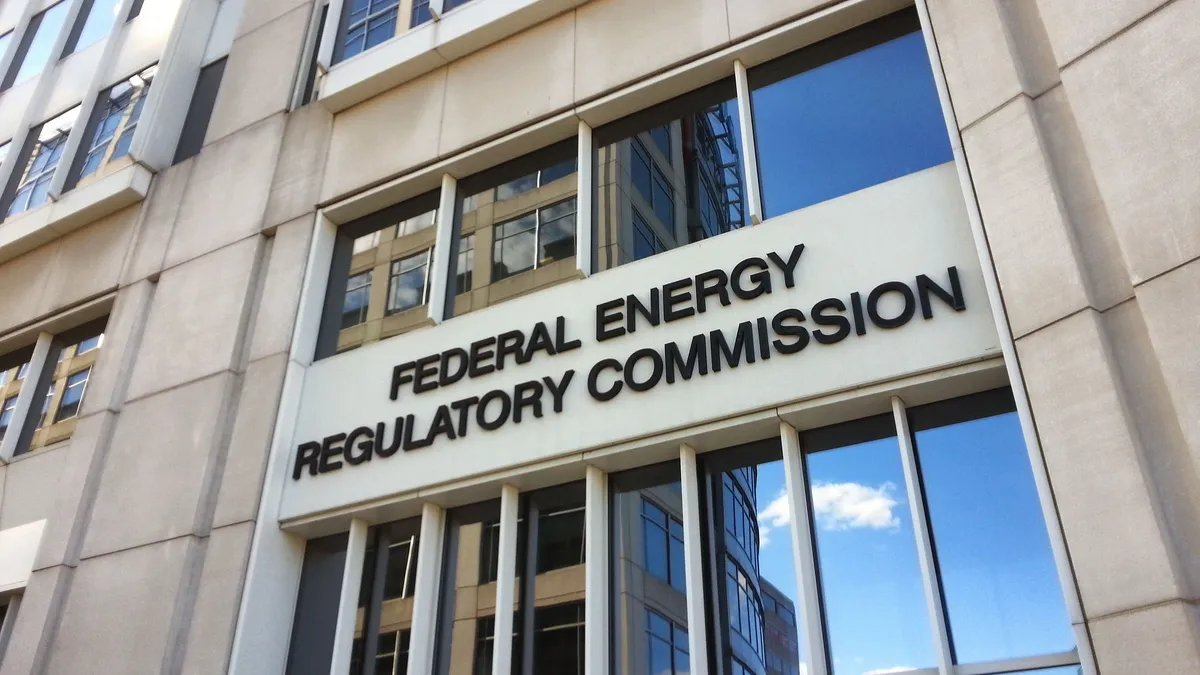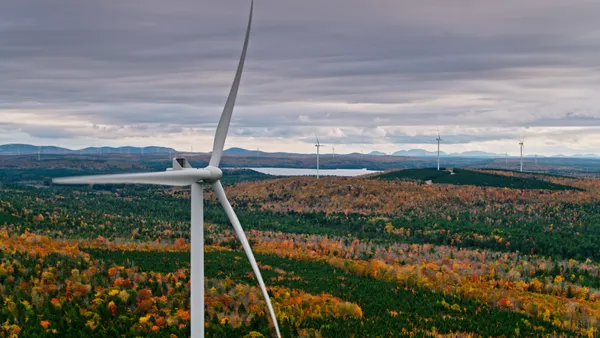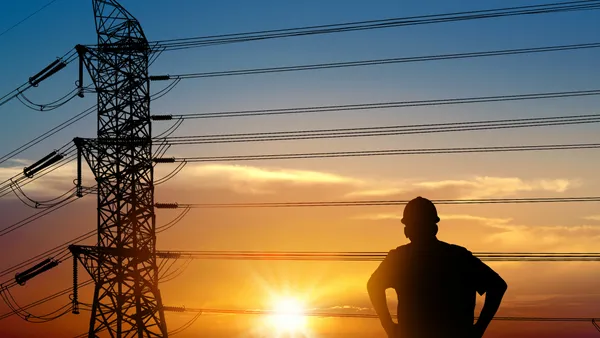Dive Brief:
- The Federal Energy Regulatory Commission said Friday it will hold a commissioner-led technical conference on July 8 and 9 to consider the "ongoing, serious impacts that the emergency conditions caused by COVID-19 are having on various segments of the United States' energy industry."
- Topics will include operational challenges, impacts on electricity demand and transmission planning, changes to oil and gas supply, demand and transportation, and how the global pandemic has impacted the sector's access to capital, including credit, liquidity and returns on equity.
- While a "softening" of lockdown restrictions is helping energy use to recover, the International Energy Agency says weather-corrected electricity demand remains 10% below where it was before global economies began shutting down.
Dive Insight:
While states have begun allowing businesses to reopen and energy demand is recovering, federal regulators say they want a clearer picture of how the novel coronavirus and resulting economic shutdowns will impact the sector.
"The Commission will explore the potential longer-term impacts on the entities that it regulates in order to ensure the continued efficient functioning of energy markets, transmission of electricity, transportation of natural gas and oil, and reliable operation of energy infrastructure today and in the future, while also protecting consumers," FERC said in its June 5 notice.
The forum will be held electronically and be open to the public. The two-day event will feature four panels, with speakers to be determined at a later date.
Among the topics to be discussed, regulators say they want to better understand what challenges the energy sector will face during seasonal service restoration events following hurricanes and wildfires. Anticipating a busy Atlantic storm season, utilities have rolled out a host of new recovery protocols that take into account physical distancing recommendations, avoid large groupings of workers, provide medical testing, and harness new ways of operating supply chains.
FERC's conference will also focus on transmission planning. The commission acknowledged that uncertainty surrounding the impacts of COVID-19 "may make it more difficult to accurately forecast demand over the longer-term planning horizon" and will convene a panel to understand how public utility transmission providers will manage increased uncertainty.
FERC also wants to consider existing planning processes, "and whether the commission's transmission planning regulations provide sufficient flexibility for utilities." The panel will discuss how the electricity sector has responded to changing load patterns in both day-to-day operations as well as in longer-term resource adequacy and transmission planning activities.
The decline in energy demand has led to changes in supply, according to the IEA's latest weekly data
"Across all major regions, the power mix has shifted towards renewables following lockdown measures due to depressed electricity demand, low operating costs and priority access to the grid through regulations," the agency said in its most recent update.
In the United States, the IEA says natural gas has remained the leading source of electricity while renewables have "far outpaced the contribution of coal-fired power plants."
The impact on demand has been significant, though it has varied by region. According to the U.S. Energy Information Administration, business shutdowns and other changes to normal routines caused weekday electricity demand in the central region of the United States to decrease by up to 13% in March and April.
"In contrast, other areas of the country, such as Florida, have not experienced significant changes, which may partly be caused by regional differences in how much electricity each end-use sector consumes and the varying effects of COVID-19 mitigation efforts on the sectors," EIA said.














